The science departments (Physics, Chemistry and Biotechnology) of Al Ameen College, Edathala in association with Indian Science Congress Association – Cochin Chapter (ISCA), organized 2 2-day national seminar on ‘Sustainable Innovations in Functional Materials: Developments and Applications’ on 20th -21st July 2022 with the financial support from Science and Engineering Research Board (SERB). The seminar provided students, researchers, scientists, and academicians a great platform to share their innovative ideas and also to gain knowledge on the recent developments in the field of functional materials. The event included five invited talks and few oral/poster presentations and all of these are included in the proceedings published in connection with the seminar.
The inauguration of the seminar was done by Dr. Sabu thomas, Honourable Vice Chancellor of MG University, Kottayam. The convener Ms. Hiba Rahman E welcomed the gathering and Principal Dr. Cini Kurian presided over the function. College manager Dr. Junaid Rahman, IQAC coordinator Dr. Leena Varghese and the keynote speaker Dr. Ditty Dixon felicitated the occasion. Dr. Leji Latheef, HOD of chemistry proposed the vote of thanks.
The keynote address was delivered by Dr. Ditty Dixon, Associate Professor School of Chemical Sciences, Mahatma Gandhi University, Kottayam, a renowned scientist in the area of materials for energy conversion and storage devices. He talked on the topic “Advanced Materials for Energy Storage and Conversion”. He started the session with the overwhelming energy demands and alarming depletion rate of fossil fuel in the world. The speaker elucidated the various available
renewable energy resources and also the attraction of electrochemically driven green energy devices such as Batteries, Ultra capacitor and Fuel Cells in the recent years. A brief overview on the recent development of such energy devices were narrated in the presentation. In this context, Li/Na ion batteries, redox flow batteries and fuel cells are considered as ideal candidates as energy storage and conversion devices. A brief theory of these energy devices and the electrode reactions happen during the electrochemical reaction were also addressed in the presentation. The lecture focused on the development and operand characterization of advanced materials for energy storage and conversion devices. The class was very informative and interactive.
The second session of day 1 was handled by Dr Abdul Nishad P, Scientific officer (E), Water and Steam Chemistry Division, BARC, DAE Kalpakam, Tamil Nadu. He is an expert in the area for the development of sorbent material for the removal of metal ions from nuclear reactor. He began the session with the fundamentals of nuclear reactors, their operations and the waste produced after the reaction. The talk depicted the work carried out in this regard with major focus on developing materials/processes for the removal of antimony and cobalt during dilute chemical decontaminations of PHWRs using nano TiO2 impregnated epichlorohydrin crosslinked chitosan beads. He also delivered the effect of the composition such as the ratio of nano-TiO2 to chitosan and the amount of cross linker added on the properties of the beads were discussed. The talk was very enlightening and highly interactive.
The last session of the first day was handled by Dr. Libu K Alexander, Assistant Professor, Department of Physics, University of Calicut on the topic ‘Functionalised Graphene: Lab to Industry’. Graphene is a material with unique thermal, mechanical, and electrical properties. The talk introduced this material and its unique properties to the audience. The speaker extended his talk to the vast domains of functionalized graphene like solar cells, sensors, photocatalyst water purification and water decomposition, capacitors etc. Some of the latest innovative products based on the functionalised graphene which are available in market today were also introduced. The session was really informative for the research community.
On the second day of the National seminar on functional materials, Dr. E S Kannan delivered a talk on the topic “Two-dimensional materials for two terminal memories- a transition towards brain like memory devices”. Dr. Kannan is the Associate Professor of the Department of Physics at BITS Pilani, Goa Campus . In this talk, he presented the basic idea of why we need new memory devices to replace our existing ones and memristors as a possible option. In our current computers, a considerable amount of time and energy is wasted in transferring data between the memory unit and the processing unit. For next-generation technologies such as artificial intelligence, self-driven vehicles, and augmented reality, we need a brain-inspired synaptic memory system in which information storage and processing takes place at the same location. One such brain inspired memory are memristors or resistive random-access memories (RRAMs). He also explained how
such memory system can be realised by using simple techniques. Dr Kannan’s way of presentation was very simple and all the students found it very interesting. At the end of the talk, he had an informal interaction with the students on how to apply for Ph.D. in India and abroad.
The last session of the seminar was handled by Dr. Radhakrishnan E K, Director, Business Innovation and Incubation Centre (BIIC), Mahatma Gandhi University, Kottayam. He put forth his studies on “Nanomaterial for antimicrobial sustainable packaging”. His concepts were genuinely admirable. A strategy to consider in the near future is the research on nanomaterials that can be applied to packing food materials to prevent microbial contamination and to reduce the use of plastic. However, the use of bio-based materials does have a few downsides, such as weak barrier and mechanical qualities that could lead to less effective packaging. Packaging qualities can be enhanced by adding different nanomaterials to bio-based polymers. His insights on the application of nanoparticles for antimicrobial packaging were well communicated. Students, scholars, and scientists found the session helpful for formulating their own unique ideas about the topic.
The seminar also showcased 9 paper and 6 poster presentations by the participants. A valedictory session for the national seminar was held later in which the winners of poster and paper presentations were announced and appreciated.


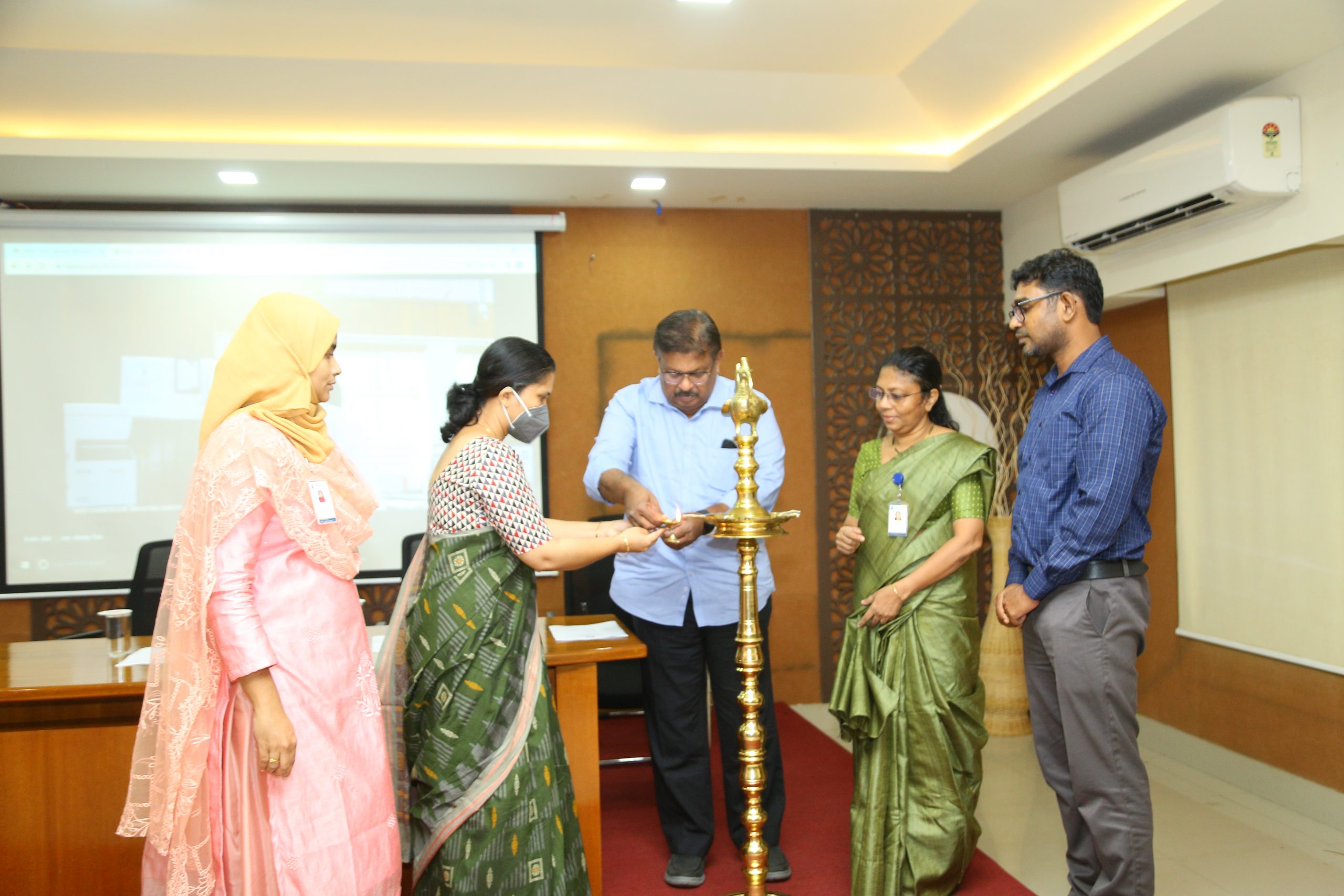
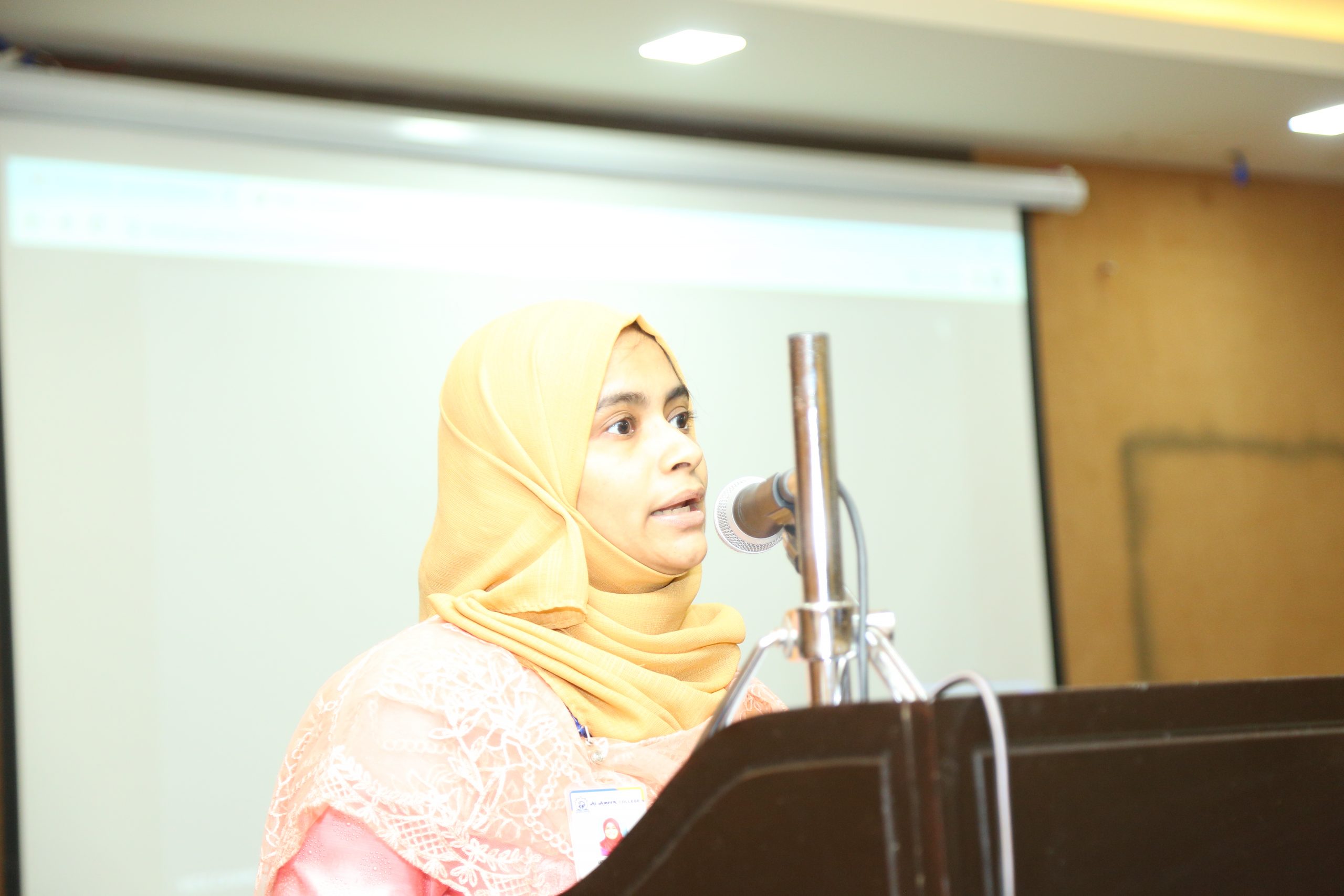
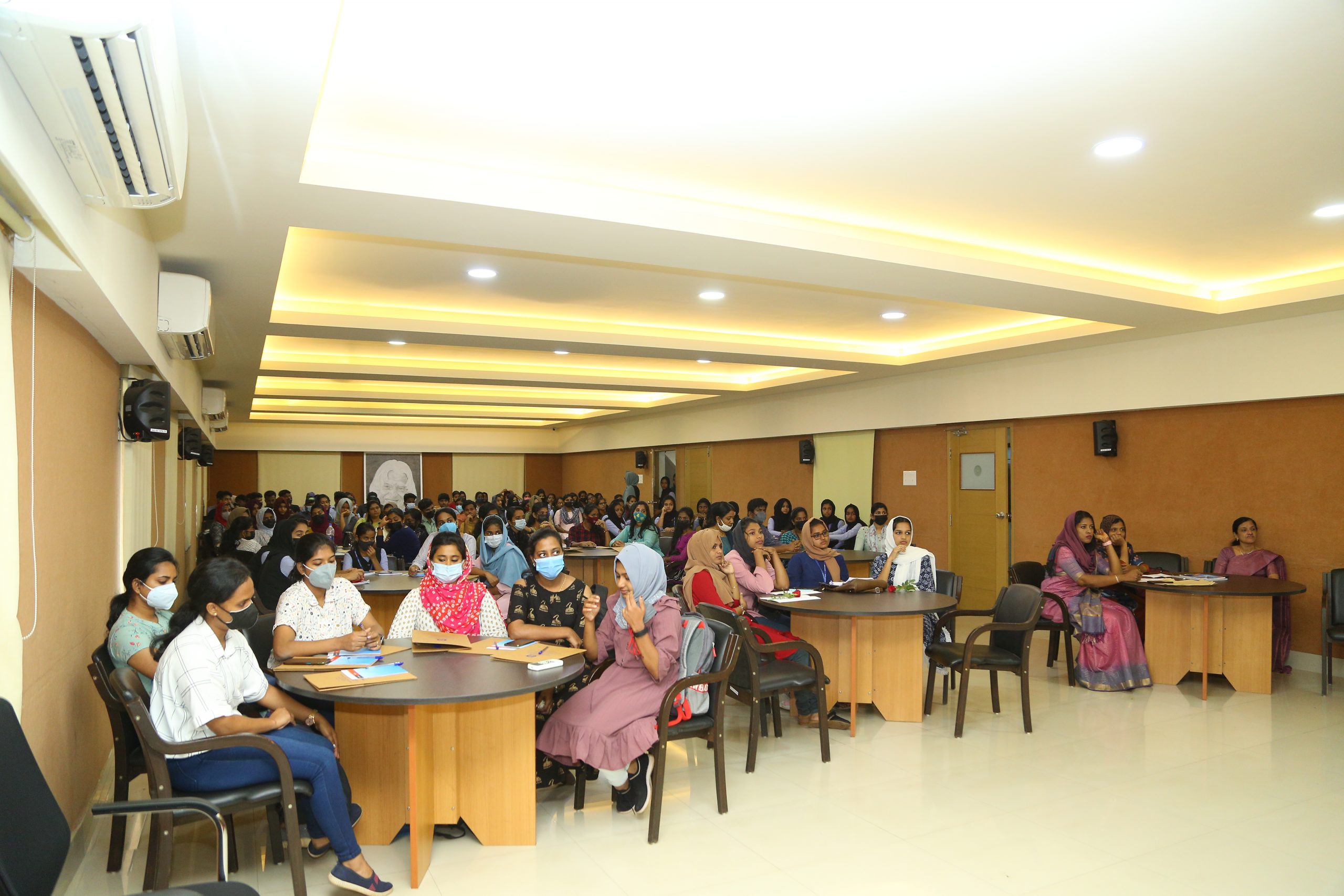
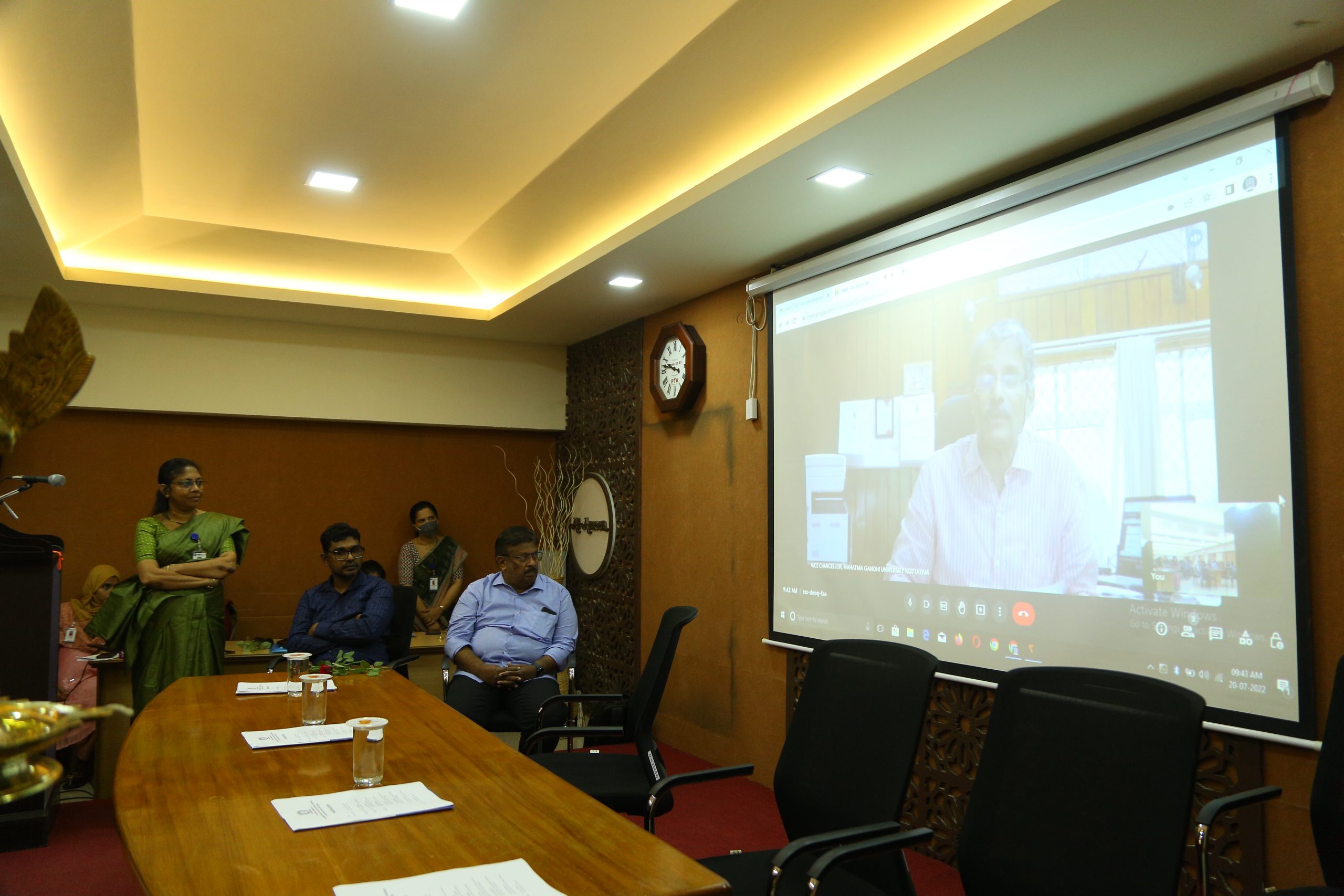
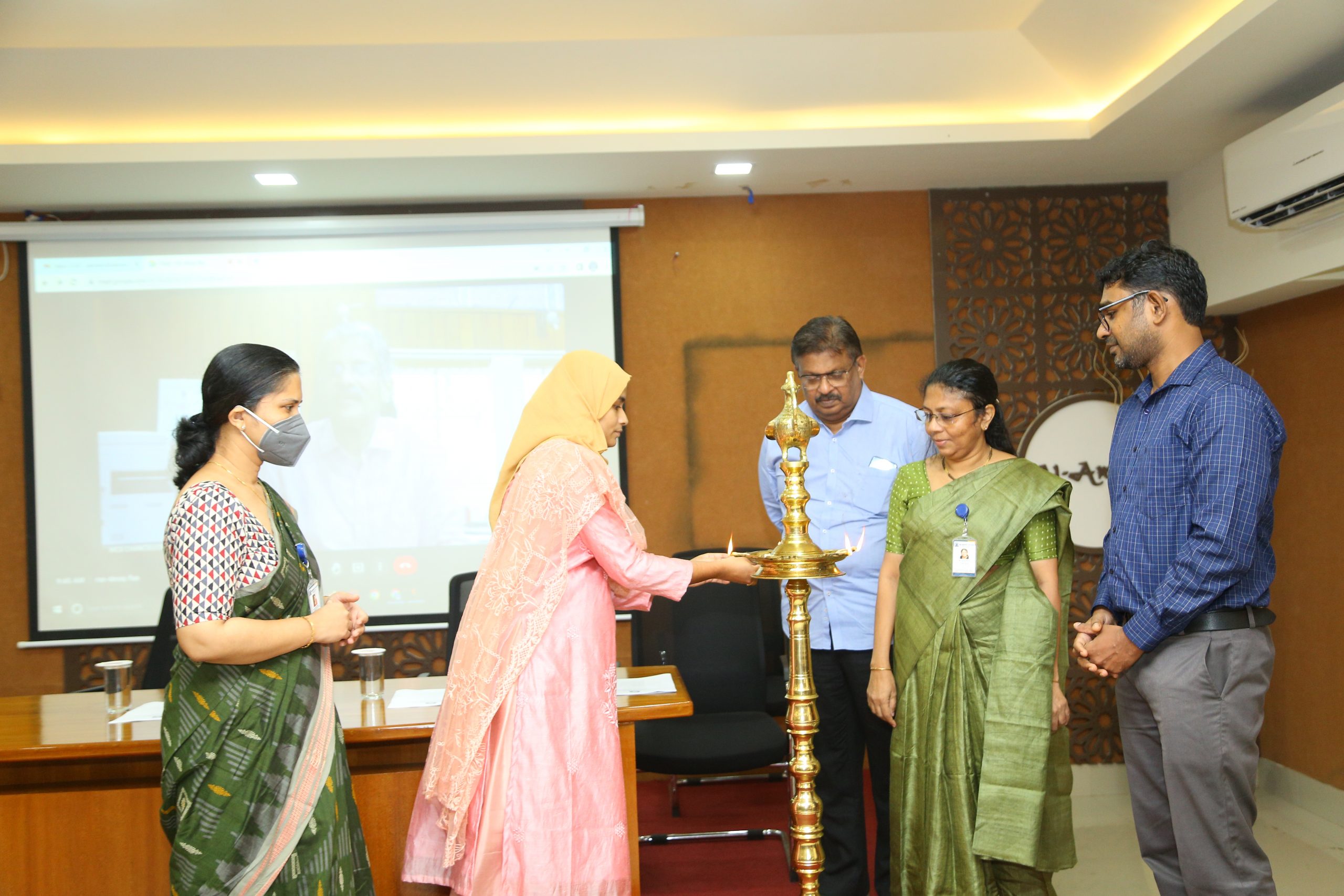
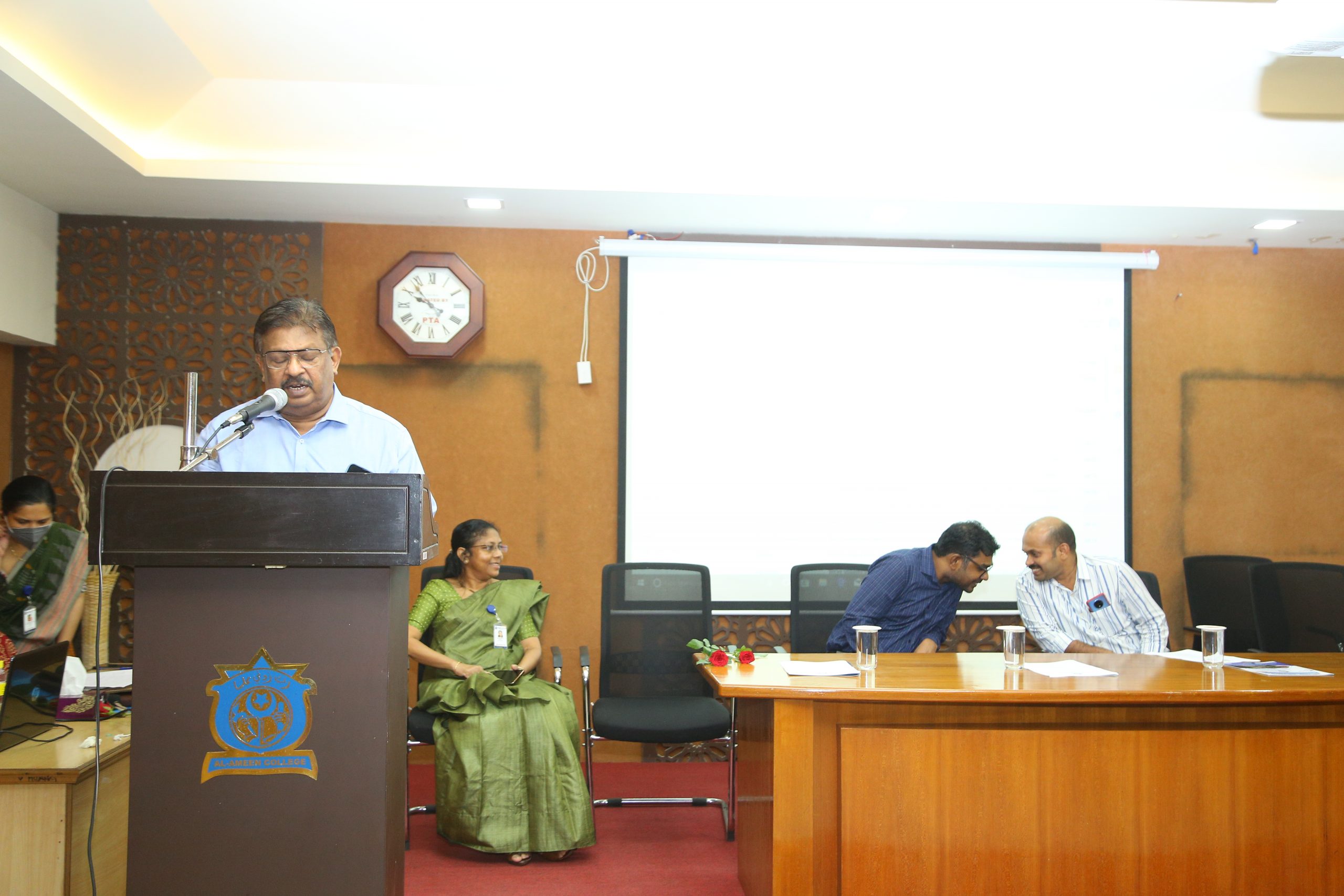
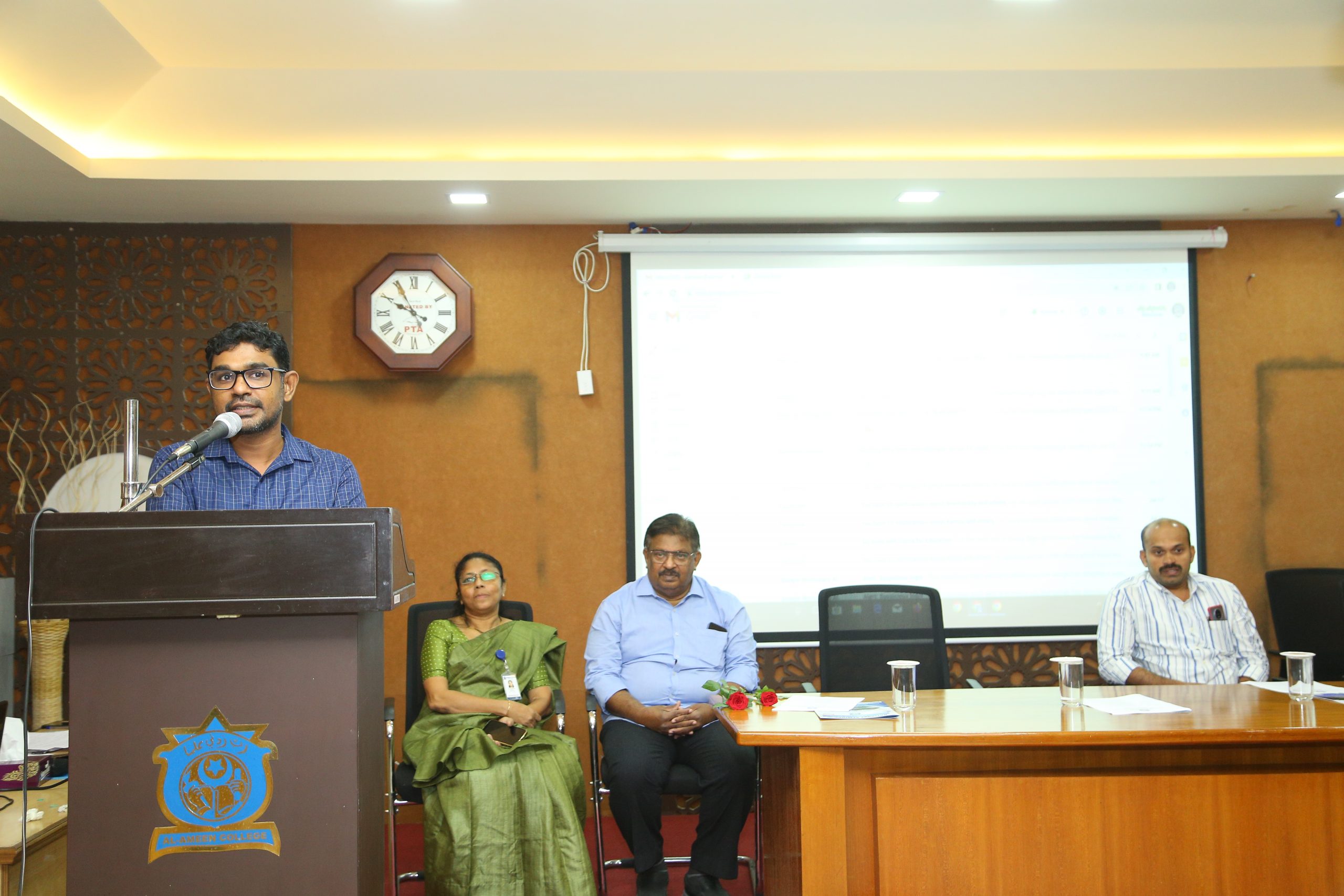
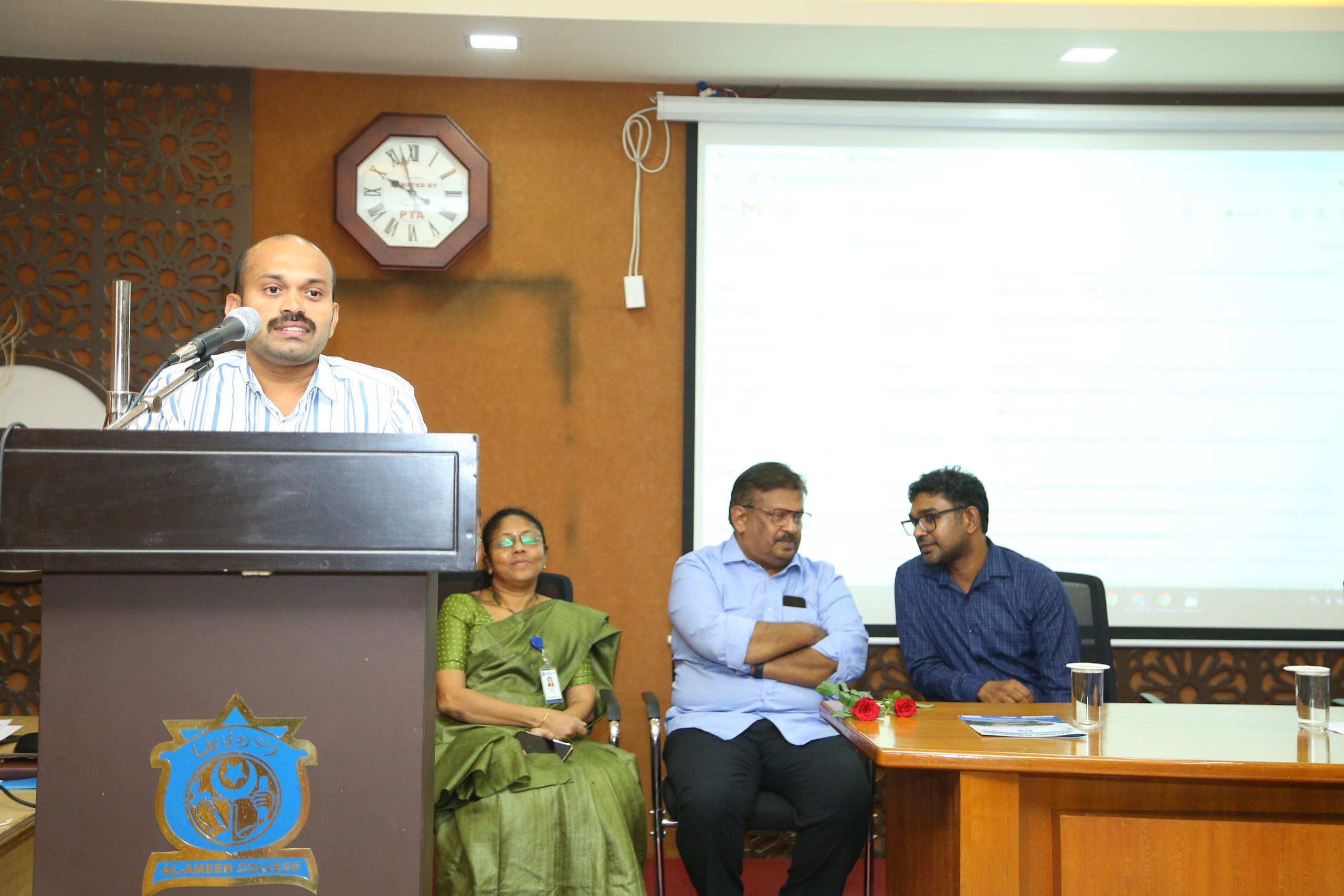
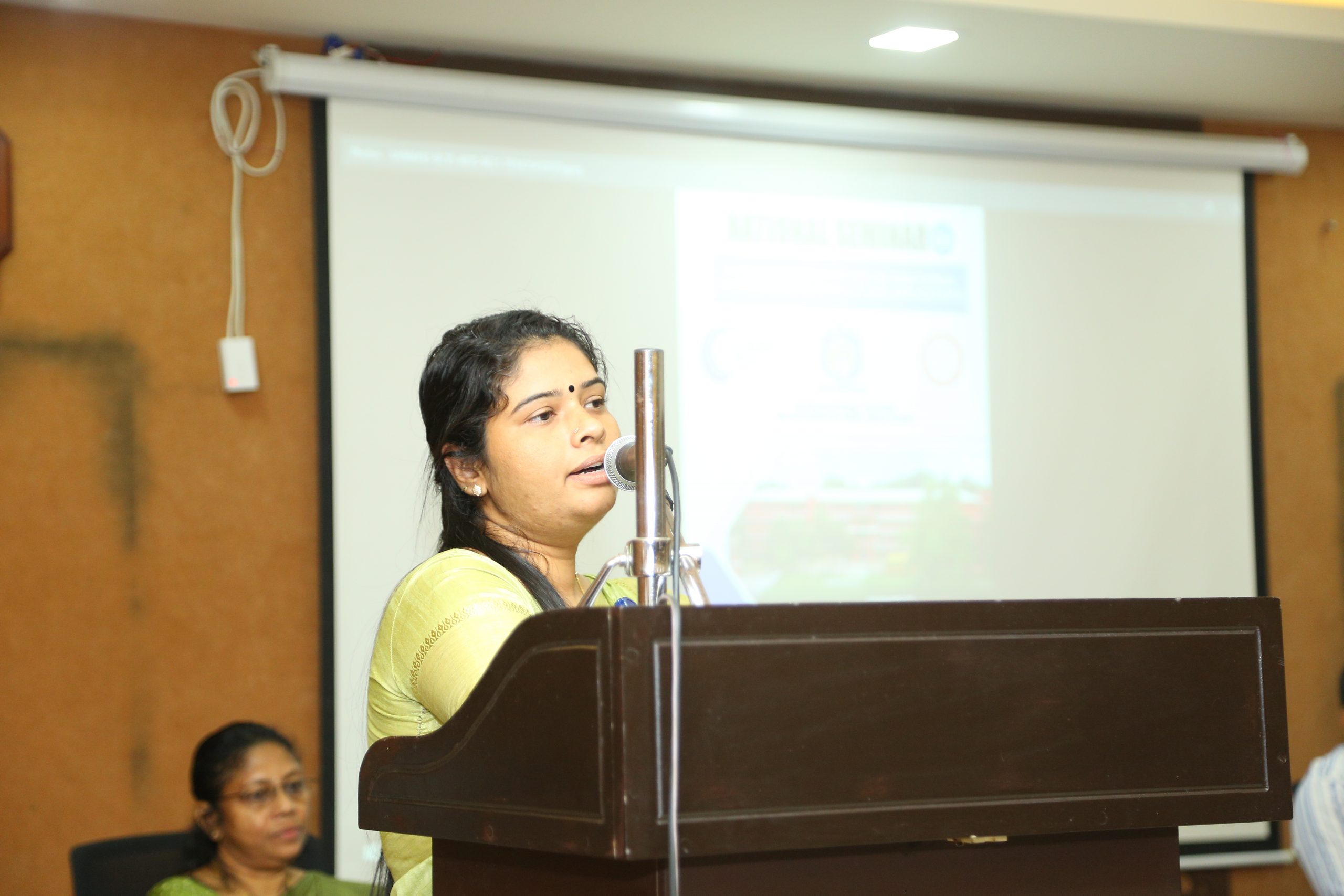
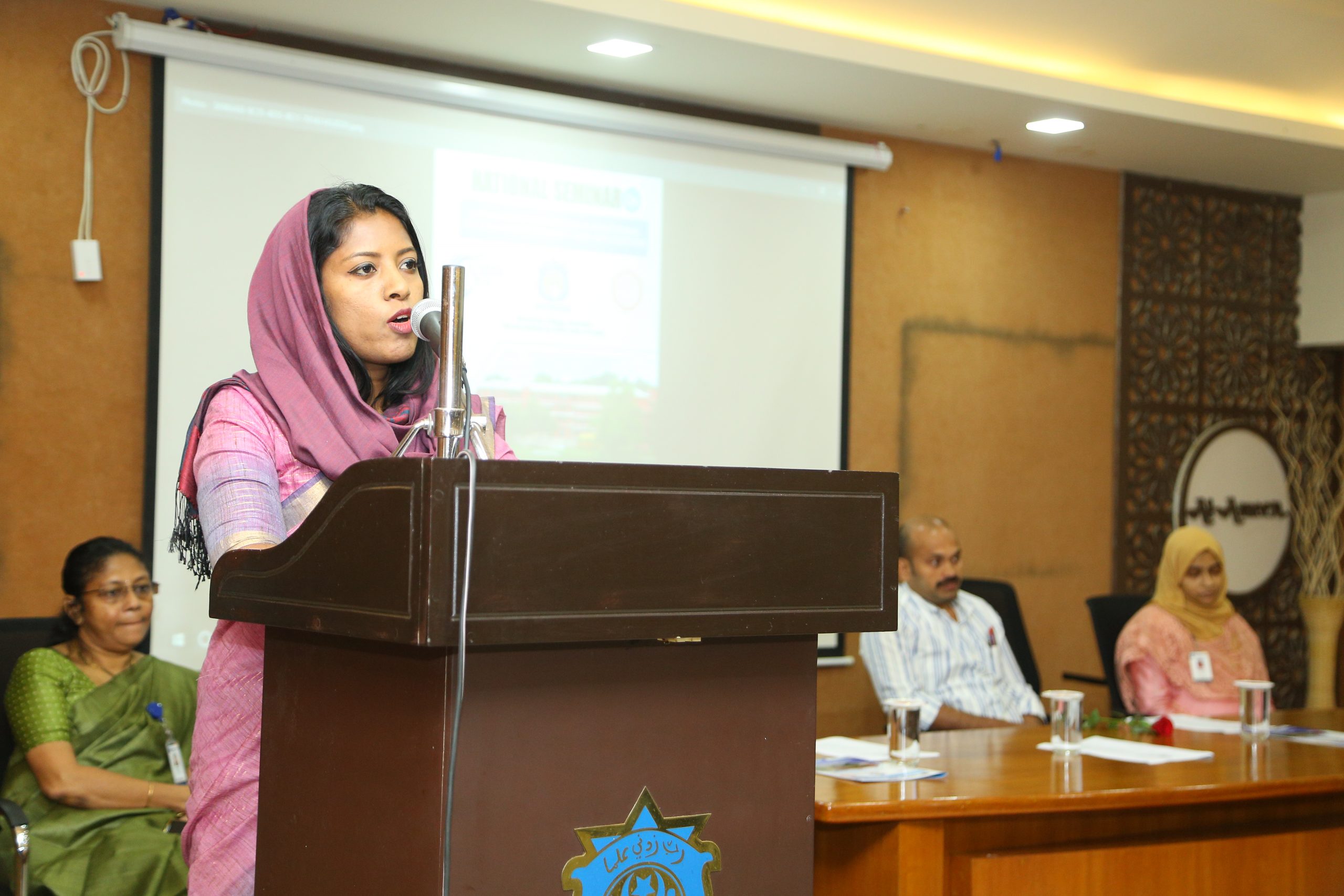
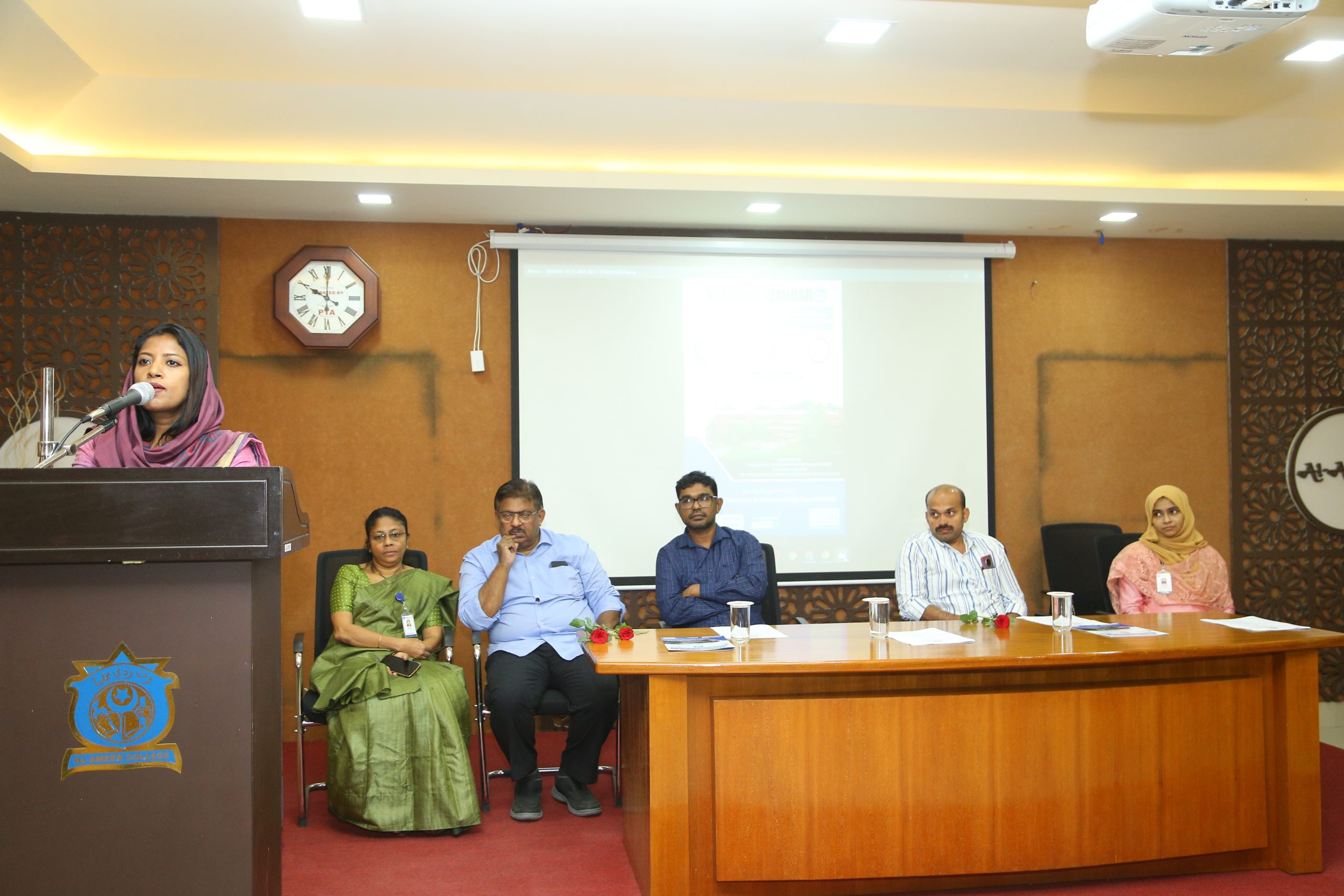
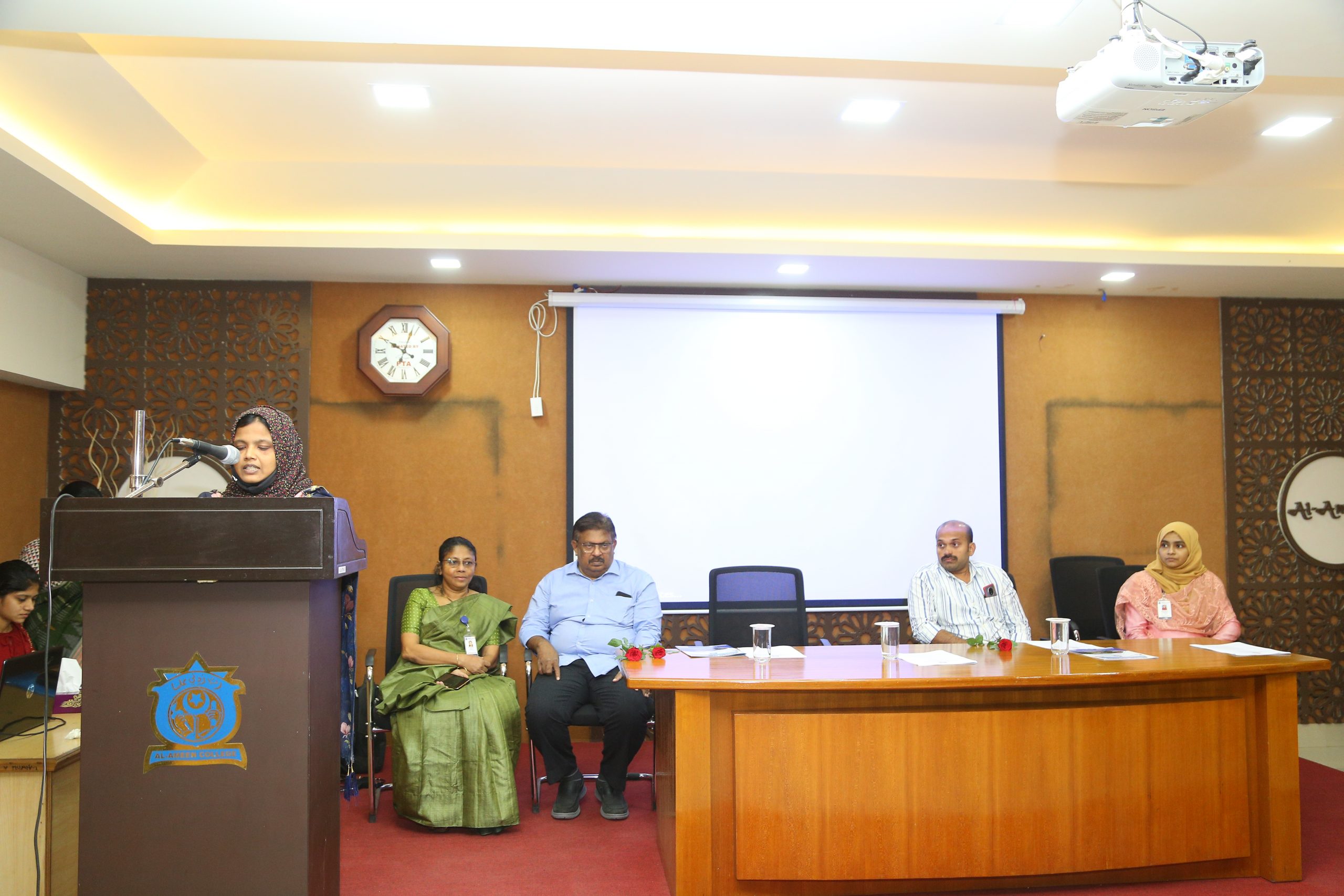
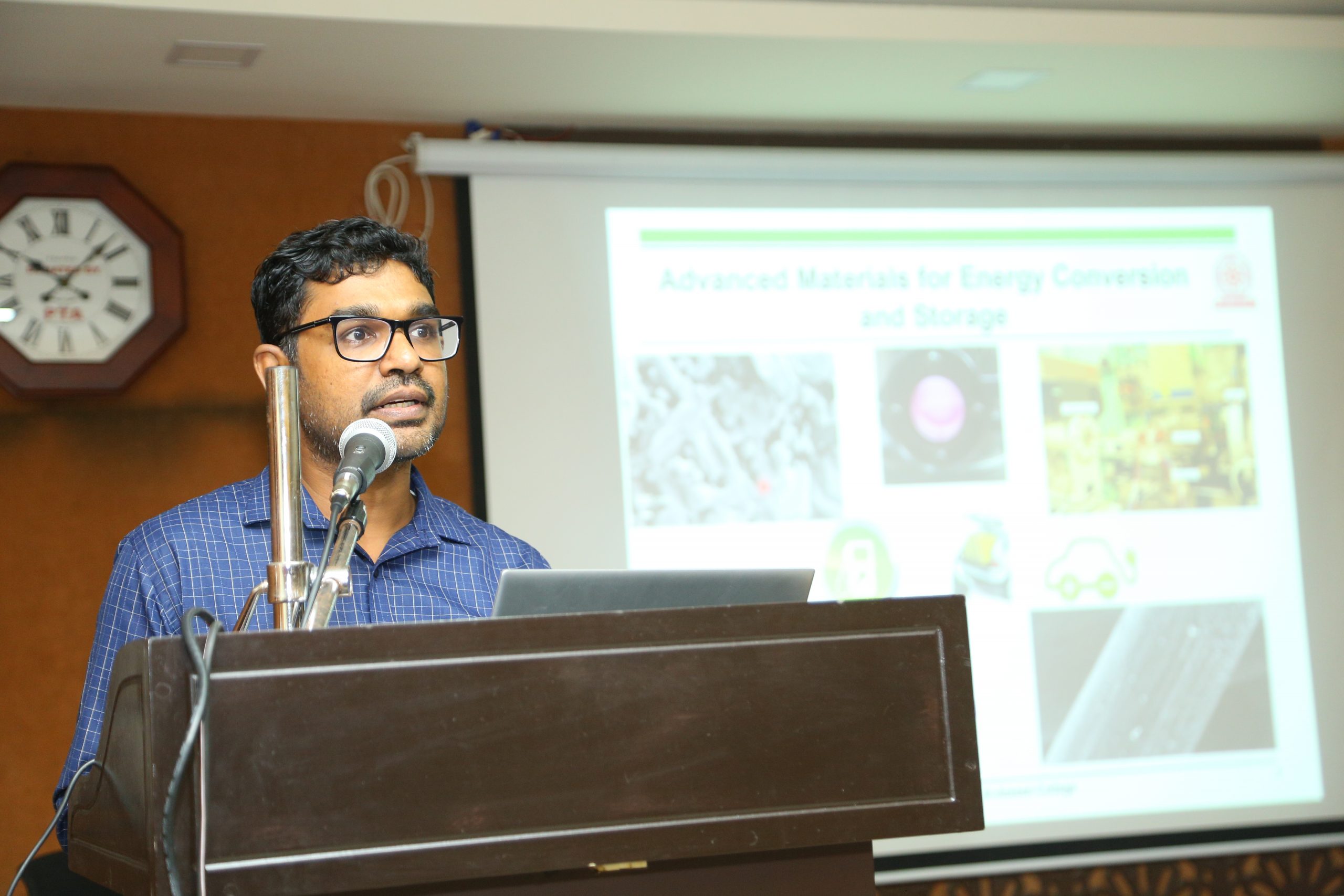
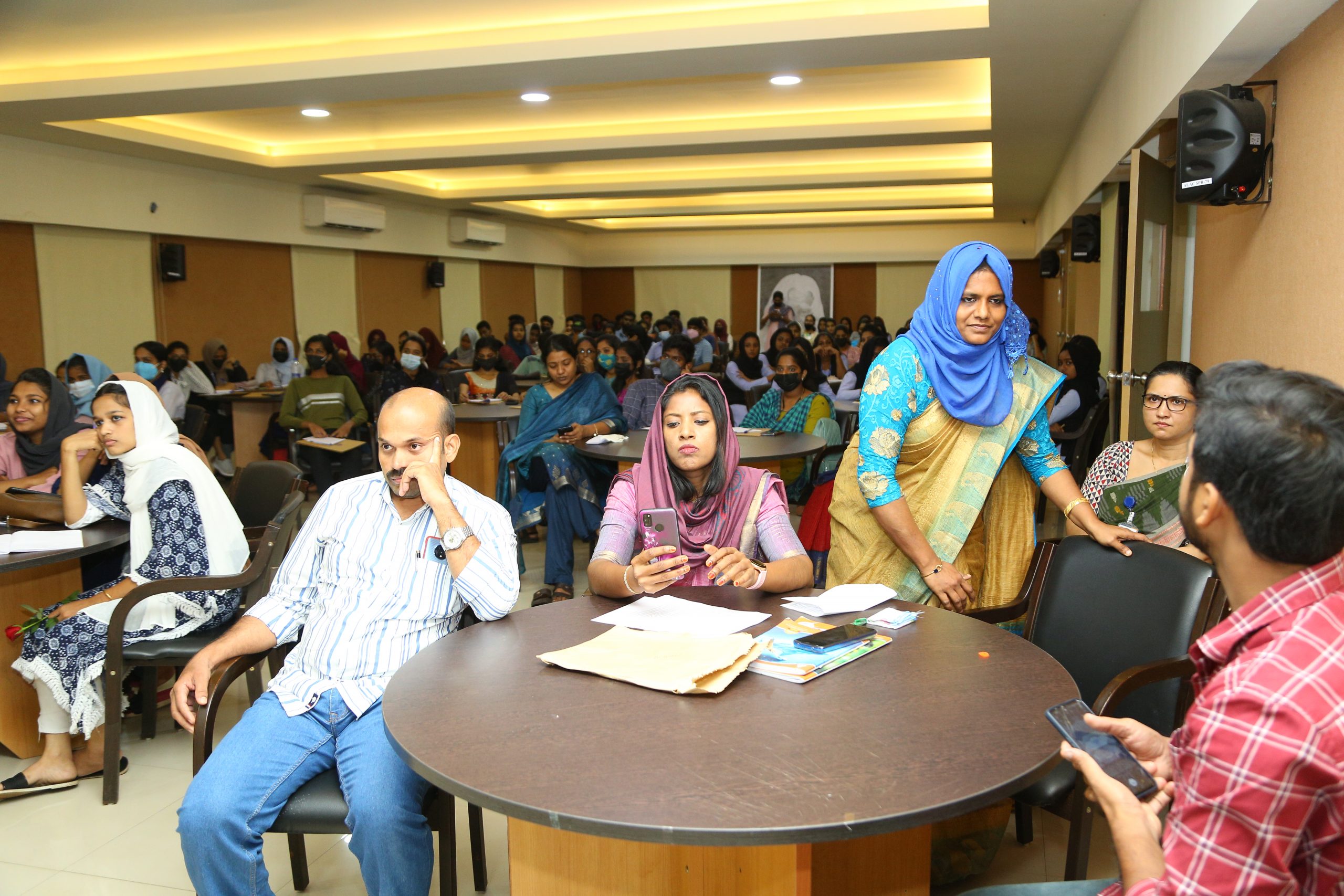
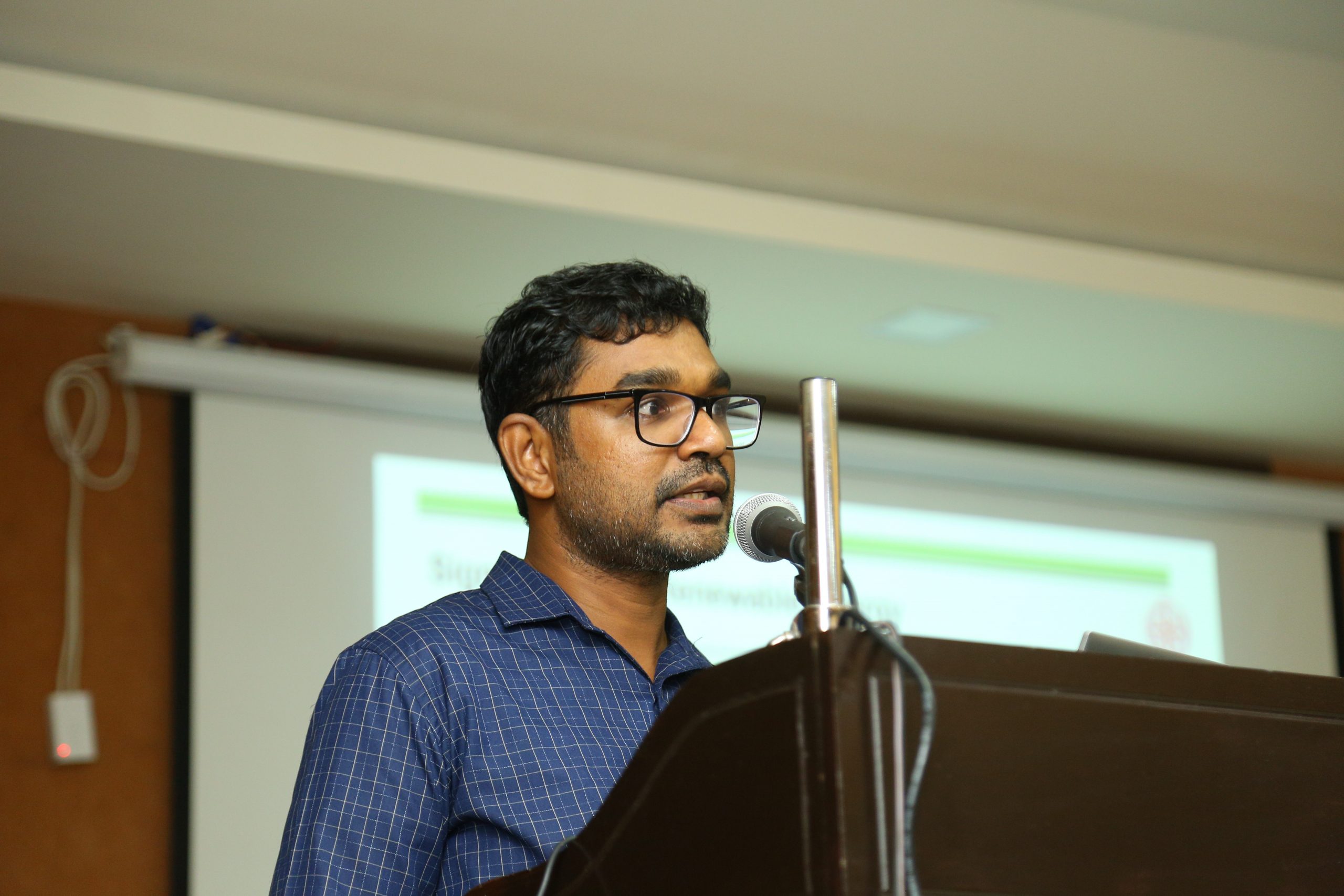
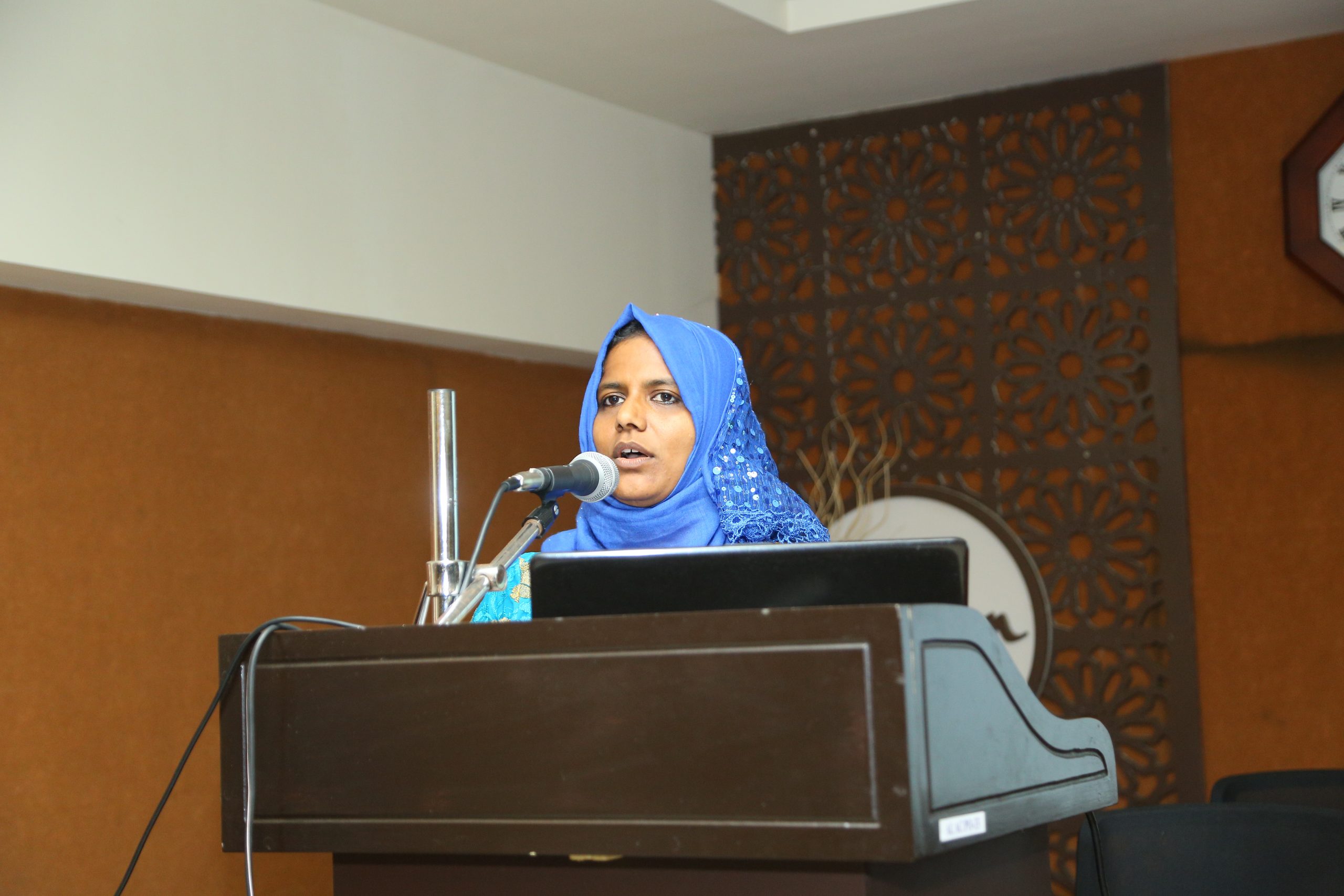
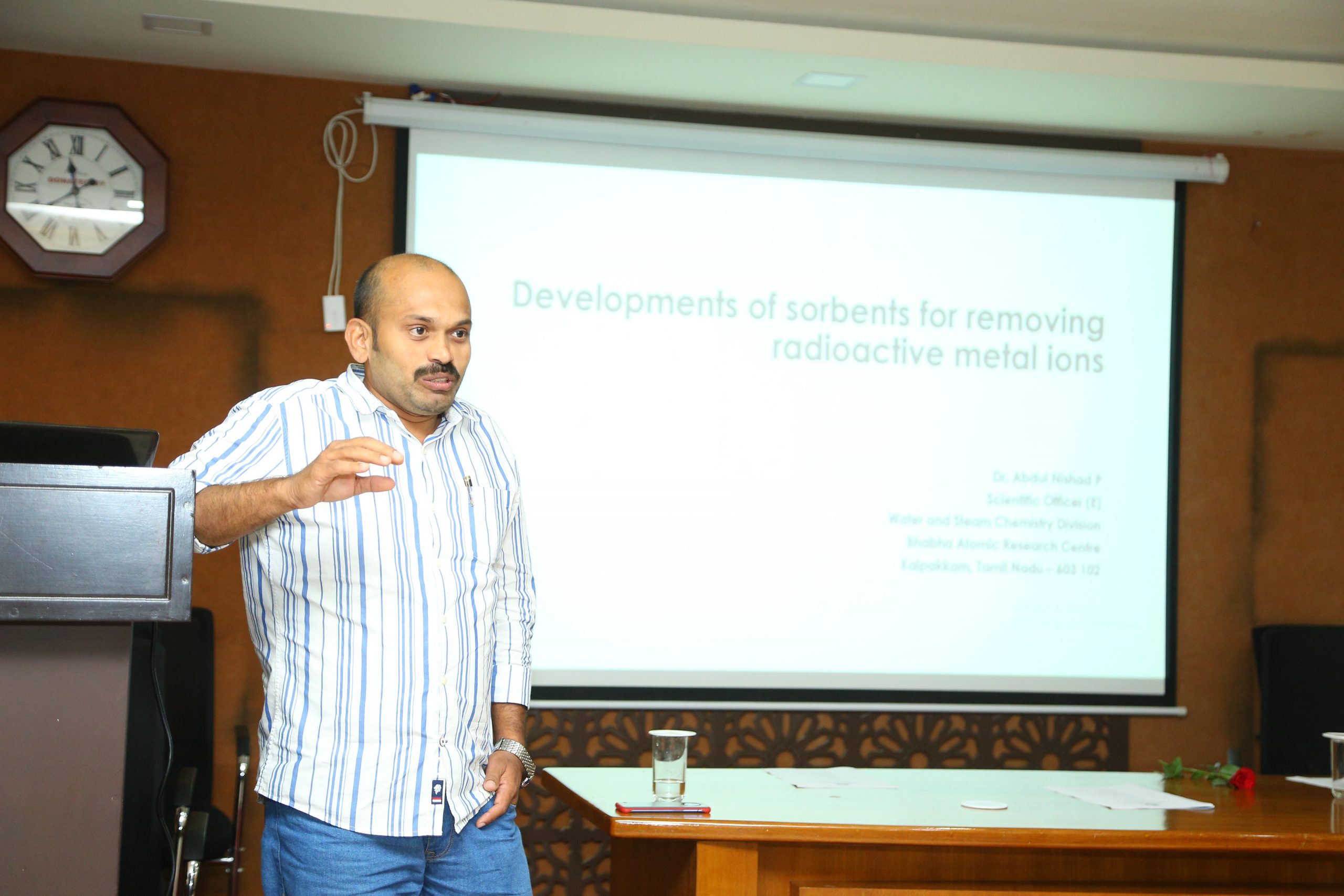
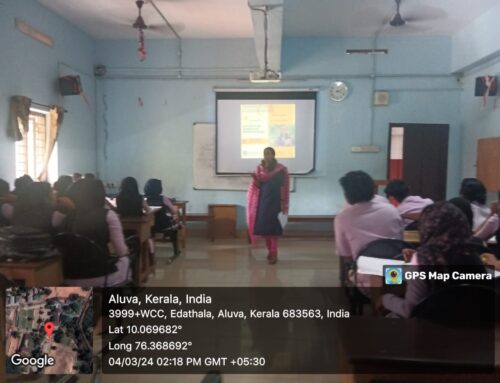
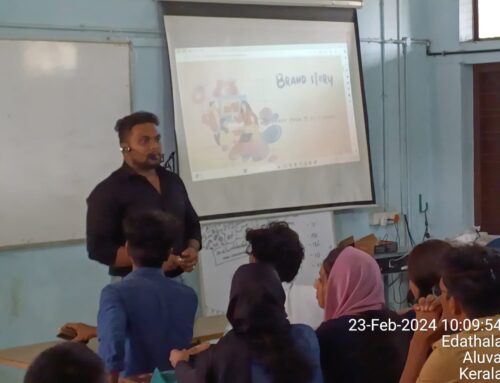
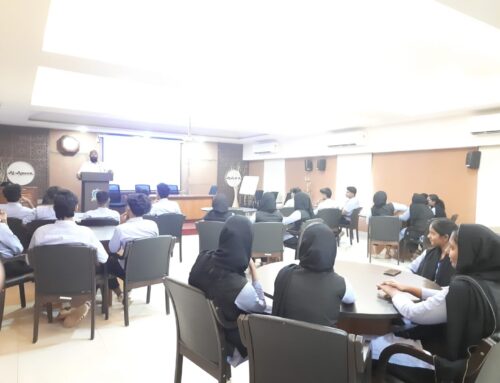

Leave A Comment